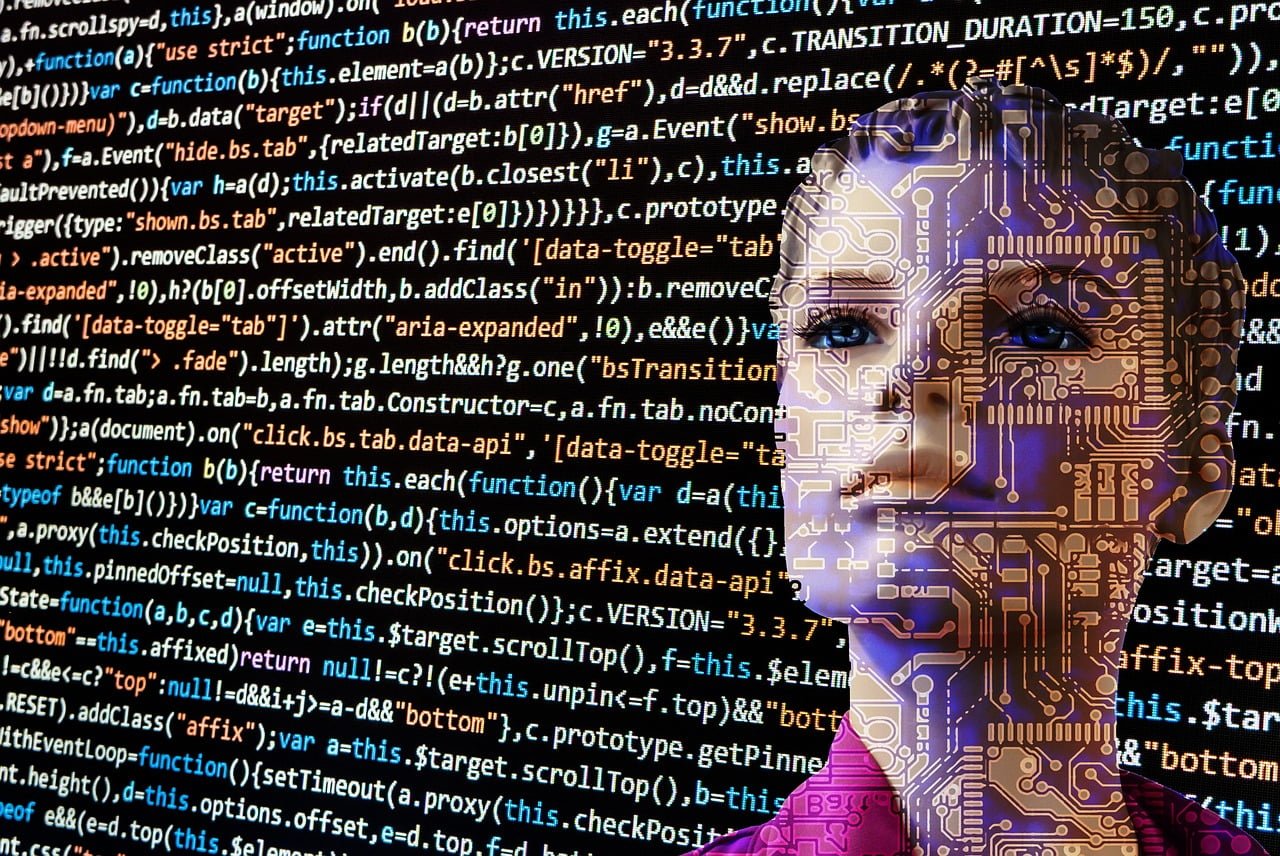Artificial intelligence (AI), machine learning (ML) and deep learning have contributed to increased automatization. AI is also widely used in medicine, science, education and many other areas. AI operates our digital assistants and even works as a chatbot for many online stores. Now a company backed by Elon Musk called Open AI has developed an AI text generator. The team of developers taught it how to write stories as if it were a journalist, and the results are a bit worrying.
Musk, a visionary and businessman who has had a hand in multiple successful companies like SpaceX and Tesla, founded OpenAI as a nonprofit organization specializing in AI-based research. On Thursday the organization wrote about its “large-scale unsupervised language model,” which it calls GPT-2. The model uses AI to develop certain human skills. OpenAI said its AI performs quite well at reading and understanding text. However, it can also answer questions and summarize long texts.
Last year a group of MIT students decided to teach AI-based robots to make pizza, and the results were quite interesting. The AI-based machine-learning algorithm did a more than satisfactory job at learning from the examples it was fed and the mistakes it made, but it still couldn’t make a pizza humans would want to eat. Instead, it combined ingredients that don’t really go together and overall was just unconvincing as a pizza chef.
To train its AI text generator, OpenAI gave it writing prompt it then used to create a convincing writing sample. The fact that the algorithm grew powerful enough to transform only a couple of sentences into a detailed paragraph is worrying because it doesn’t take long for some people to be tricked into believing anything they read on the internet. In fact, the results of a survey published by the Knight Foundation in June 2018 suggests Americans believe 39% of everything they read, see or hear on the news. Given the powers AI has been given in photo manipulation and now text, it could be easily used to spread false information.
OpenAI trained its AI Text Generator on 8 million web pages. This allowed GPT-2 to adapt to different writing styles and use them to create a convincing story. Here are some examples published in the blog post about it:
Human-written example:
In a shocking finding, scientist discovered a herd of unicorns living in a remote, previously unexplored valley, in the Andes Mountains. Even more surprising to the researchers was the fact that the unicorns spoke perfect English.
AI-written sample:
The scientist named the population, after their distinctive horn, Ovid’s Unicorn. These four-horned, silver-white unicorns were previously unknown to science.
Now, after almost two centuries, the mystery of what sparked this odd phenomenon is finally solved.
Dr. Jorge Pérez, an evolutionary biologist from the University of La Paz, and several companions, were exploring the Andes Mountains when they found a small valley, with no other animals or humans. Pérez noticed that the valley had what appeared to be a natural fountain, surrounded by two peaks of rock and silver snow.
Pérez and the others then ventured further into the valley. “By the time we reached the top of one peak, the water looked blue, with some crystals on top,” said Pérez.
The story went on from there, going into great detail which made it extremely convincing. In this case, the story is obviously not true, but the other sample the organization provided, which targeted singer Miley Cyrus, was much more believable.
This exercise demonstrates how difficult it’s getting to distinguish the real from the automated, especially based on all the fake Instagram and Twitter bots that are taking over. The organization itself is worried that its AI text generator could be used for media manipulation, which could have disastrous consequences.
AI text generator as an assistant?
However, not everything is so grim. The research also suggests the organization’s AI text generator can be used for a great variety of purposes. Many writers who are in a hurry to finish their manuscripts could use AI writing assistants, AI editors and speech recognition systems to speed up the process. If this trend develops, hopefully people will use it for good instead of spreading false information.





